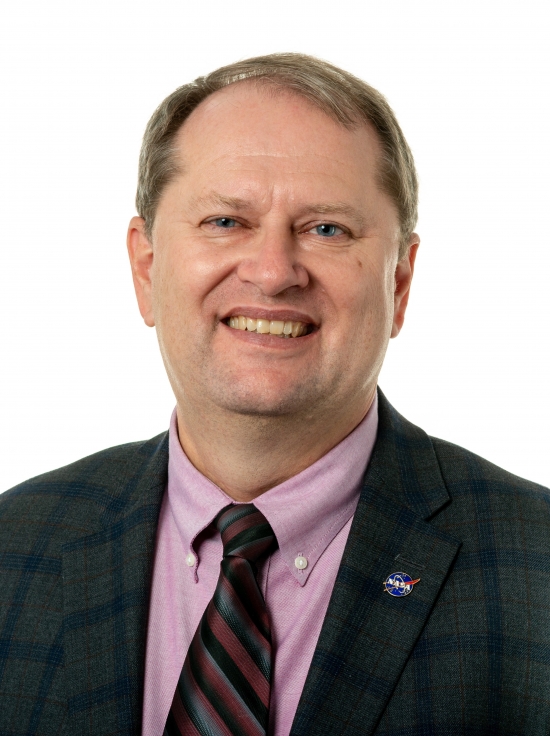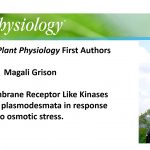Apollo 11 50th Anniversary Reflection: Dr. John Kiss
An Interview with Nathan Scinto-Madonich and Dr. John Kiss
Dr. John Kiss is a Professor and Dean of the College of Arts and Sciences at UNC Greensboro. His lab is interested in understanding the molecular mechanisms of gravitropism and phototropism, and he has had many spaceflight experiments to study these responses, most recently in 2017. In addition, he has given a TEDx talk explaining the need for humans to go to Mars, which expands on many of the responses he has given here.
Lab website: https://biology.uncg.edu/people/john-z-kiss/
Twitter Handle: @JZK60
Tedx Talk: https://youtu.be/waRqJoehQ6I
lk: https://youtu.be/waRqJoehQ6I
1. Where were you when you first learned of the Apollo 11 mission? What was your reaction?
I was born in 1960, so my life has been pretty much the space age. NASA was founded in 1959, and humans were launched into space in 1961. Men landed on the Moon in 1969, when I was 9-years-old. Neil Armstrong stepped on the Moon close to 11 pm local time. My memory was that I got to stay up late to watch him step on the Moon. The pictures were in black-and-white and were very grainy and ghost-like—but it was exciting and momentous!
2. Did Apollo 11 have any effect on your career aspirations or trajectory? What ultimately inspired you to study the effects of the space environment on plants?
I have always been interested and fascinated with the space program since I was a child. I also loved botany and plant physiology. After my Ph.D. at Rutgers, I found a post-doc position that was funded by NASA, so I got to combine my plant biology interests with my love of the space program. I have worked with NASA at some level for the past 30 years. BTW, I answered questions 1 and 2 in my recent TEDx talk on why we need plants to go to Mars: https://youtu.be/waRqJoehQ6I
3. If you have sent plants into space for experiments, could you describe what your feelings after the launch?
I have served as PI on eight spaceflight projects that have flown on the Space Shuttle, the Russian space station Mir, and most recently on the International Space Station. I also had over 80 students (both graduate students and undergrads) work with me on space research to understand the role of gravity and light in plant development. Five of the launches were on the Space Shuttle and three were on SpaceX Falcon-9 rocket. The most spectacular were the night time launches of the Space Shuttle. Night turned into day and the power of the vehicle was overwhelming. The last Space Shuttle launch I attended was from the VAB—the closest viewing site and the ground shook—very cool!
4. Are there lasting lessons from Apollo 11 that you would impart to students or early career researchers 50 years after this momentous event?
When the United States mobilizes and wants to do something, awesome things can get done. We were at the limits of technology in 1969, but we got humans to the Moon and back. To students, I say if you put your mind to it and give all of your efforts toward a reachable goal, it is likely to be done.
I’d like to thank Dr. John Kiss to the Apollo 11 50th Anniversary post!
Feel free to reach out to the respondents with further questions or comments. I encourage everyone to respond with your own responses in the comments section below or, if you’d like to be highlighted on Plantae, send them to [email protected] with your name and any other information about yourself you’d like to have included with the post (Twitter handle, head shot, etc…).





Leave a Reply
Want to join the discussion?Feel free to contribute!